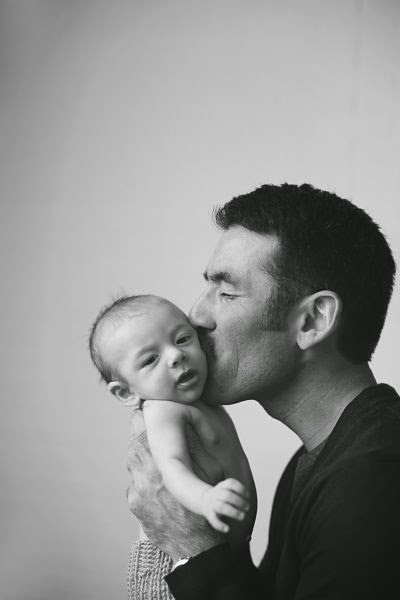Earlier this year, a friend who participates in a local book club handed me a collection of short stories called Redeployment by Phil Klay, a Marine veteran of Iraq. It was a nice copy, hardbound. I’m more of a paperback guy – they’re lighter, more transportable (say, in a pack headed up Denali), so I inquired about what seemed a luxury gift in my hands. How did she end up with this nice hardcover to give away? Her answer: someone in her book club, which had selected it as a read, gave it to her with this comment: “I don’t read war books.”
It gave me pause, still does, and as I considered what to write about after 49 Writers sent me a nice invite to be the April guest blogger, I figured this was a great place to start. See, I’m a war writer and I probably always will be, in some form or fashion. I’ve spent the better part of my adult life coming from and going to war. War has informed nearly every aspect of my professional, personal, mental, and spiritual life. How could I not write about it? And how could the statement above not give me pause?
I can think of some reasons not to read about war. For one, nonfiction books that solely focus on the “war is hell” theme are tiresome. We call them “kill memoirs,” and they do little to further dialogue that isn’t polarizing. I can get behind that – even Homer knew to go beyond simple acts of glory in one of the original war stories, The Iliad. And let’s face it: a book like American Sniper gets far more play than a National Book Award-winner like Redeployment. But another reason is that war is uncomfortable: literary treatments must deal with a tricky side of the human psyche that treads morally ambiguous ground. Maybe there are things we don’t want – don’t need – to know about war now that we have an all-volunteer force.
But here’s the thing: They are Us; I am Them. And at the end of the day, when I pick up my son and kiss his fat cheeks; when I unlace my boots and recline; when I rest and gather my thoughts, I am no different from you. We all have different stories to tell, of life and love and heartbreak; of pain and hope and death. As writers, we’re all just lighthouses in search of a ship. As readers we’re, well, I think you get it.
So, for the next few weeks I’m going to lift the fog on war literature and share some thoughts on reading and writing war literature. For brevity’s sake, I’ll focus on contemporary war lit – mostly Iraq and Afghanistan. Please feel free to drop a comment below with recommendations or thoughts. I’d love to know what questions you have or areas you’d like me to cover.
Matthew Komatsu is an author and currently serving veteran of the wars in Iraq and Afghanistan. In 2014, he enrolled in the University of Alaska-Anchorage’s MFA in Creative Writing program as a Nonfiction candidate. He has published essays in The New York Times; War, Literature and the Arts; and on stage at Anchorage, AK’s Arctic Entries. War, Literature, and the Arts nominated his memoir-essay, “31 North 64 East” for a Pushcart Prize. He also has a flash essay upcoming in the September 2015 issue of Brevity. You can follow him on Twitter @matthew_komatsu.


Thanks, Matt–I look forward to your future posts!
Thank you very much, Matthew. With a subject so fraught with peril and societal denial, it is so necessary to reveal the human side of war. The only way around egregious things is to wade all the way through and see what needs to be seen – whatever shape that comes in. Regardless of a person's political leanings, war is a reality that all Americans participate in, either as soldier or family or a citizen who sent soldiers. I have found much solace and human companionship in the writing of Karl Marlantes, author of What it is Like to go to War, as well as the writings of Michael Meade and Gary Zukav, all men who had differing experiences of the Vietnam war.
Thank you for broaching this topic.
Hi Matthew. I usually go for lighter reading, but hope to learn from your posts. One book I haven't read yet but recommend the author: Katey Schultz' Flashes of War.
Matthew, thank you so much for this thoughtful, honest essay about was and writing. I haven't yet read the book you mentioned, but will order it soon. All best, Anne Caston
"war" and writing … sorry.
Anne
Test
Matt-
Thanks for this post, just catching up post residency and looking forward to your coverage of the topic in contemporary lit. I read the first story in Redeployment a while back and man it's hard enough losing a good old dog even when the saint of a house-call vet slips the soft needle of night into your spiritual guide on the living room rug in an April sun-pool, but to be a vet full of war ghosts and to have to put your animal down yourself, shit, that's a tear-soaked pain fest. I hope your ghosts keep bringing you to the page and that through you they may sing, or scream or tell their stories, lest the be forgotten, lighthouses without ships to warn.